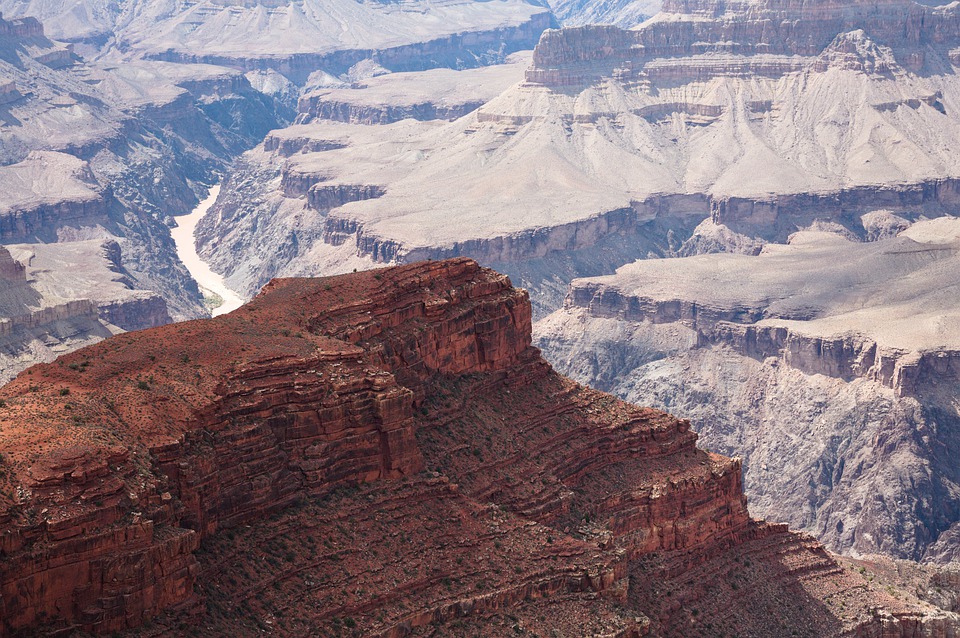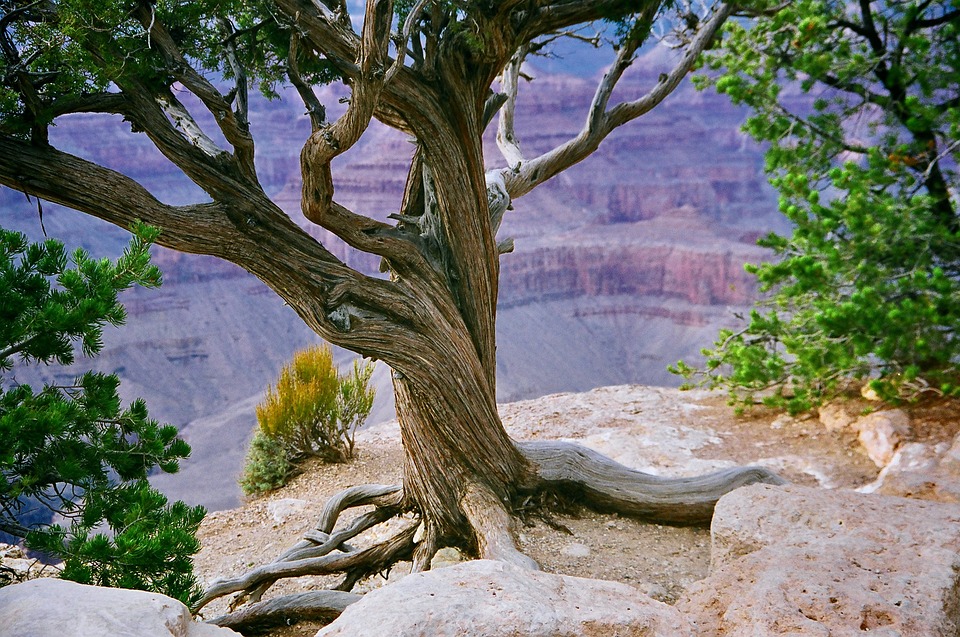The Power of Creativity: How Artistic Achievement Shapes Culture
Artistic achievement has been a driving force in shaping cultures throughout history. From ancient cave paintings to modern-day masterpieces, creativity has played a crucial role in defining the values, beliefs, and identity of societies around the world. In this article, we will explore the power of creativity and how it influences culture in profound ways.
Art as a Reflection of Society
Artistic expression often serves as a mirror to society, reflecting the hopes, fears, and dreams of a particular culture. Whether it is a painting, a sculpture, a piece of music, or a dance performance, art has the ability to capture the essence of a society at a specific moment in time. Artists draw inspiration from their surroundings, experiences, and emotions, and translate these into their creative works.
For example, during times of political upheaval, artists may create powerful pieces that express their views on social justice and equality. In times of peace and prosperity, artists may focus on themes of beauty, harmony, and tranquility. Through their art, creators bring attention to important issues, challenge societal norms, and provoke meaningful conversations that shape the cultural landscape.
Cultural Identity and Diversity
Artistic achievement also plays a crucial role in shaping cultural identity and promoting diversity. Different regions of the world have their own unique traditions, myths, and customs, which are often expressed through art forms such as folk music, dances, and festivals. These cultural artifacts create a sense of belonging and pride among communities, and help preserve traditional knowledge and heritage.
Furthermore, artistic collaborations and exchanges between different cultures can lead to the emergence of new and innovative art forms that blend diverse influences and perspectives. In today’s globalized world, artists have the opportunity to create cross-cultural connections, promote understanding and tolerance, and celebrate the rich tapestry of human experience through their creative endeavors.
Inspiration and Empowerment
Artistic achievement has the power to inspire and empower individuals to pursue their passions and dreams. Through the works of celebrated artists and creators, people can find motivation, courage, and solace in times of adversity. Art provides an outlet for self-expression, creativity, and personal growth, allowing individuals to explore their emotions, thoughts, and beliefs in a meaningful way.
Moreover, art can be a catalyst for social change and transformation. Through their art, artists can draw attention to important social issues, challenge status quo, and inspire others to take action. Artistic movements have historically been at the forefront of political and social change, mobilizing communities, raising awareness, and advocating for justice and equality.
Economic and Cultural Impact
Artistic achievement significantly contributes to the economic and cultural prosperity of societies. The arts and creative industries generate employment, revenue, and tourism, and stimulate innovation, entrepreneurship, and urban development. Art galleries, theaters, museums, and cultural institutions serve as hubs of creative expression and cultural exchange, attracting visitors from around the world.
Furthermore, artists and creators play a vital role in shaping the cultural narratives and images of a society. Through their works, they document historical events, popular trends, and social movements, leaving a lasting impact on future generations. Artistic achievement helps preserve the collective memory, values, and traditions of a culture, and fosters a sense of continuity and connection between the past, present, and future.
Conclusion
The power of creativity is undeniable in shaping culture and society. Artistic achievement serves as a reflection of society, a source of cultural identity and diversity, an inspiration for individuals, and a driver of economic and cultural development. Artists have the unique ability to capture the essence of a culture, challenge societal norms, and provoke meaningful conversations that influence the cultural landscape.
As we continue to navigate a rapidly changing world, it is essential to recognize and celebrate the transformative power of creativity and its role in shaping our collective future. By supporting and promoting artistic achievement, we can foster a more inclusive, diverse, and vibrant cultural ecosystem that enriches the lives of individuals and communities around the world.



